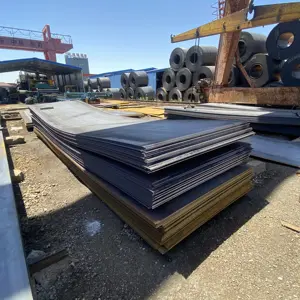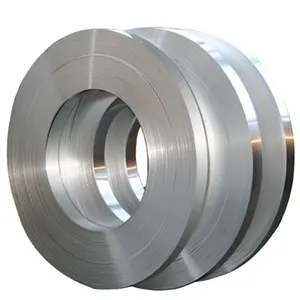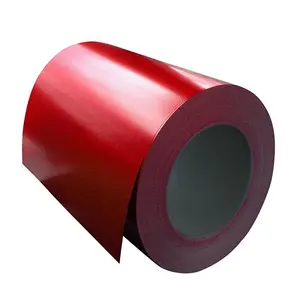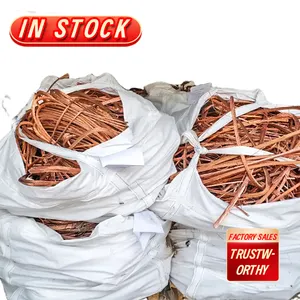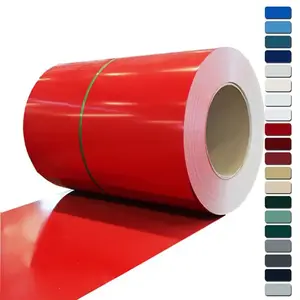Popular in your industry



























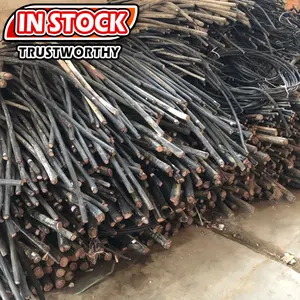








































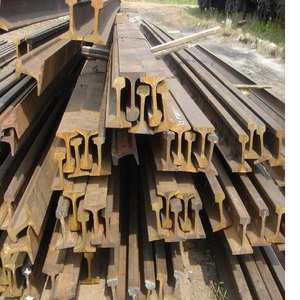






















































































































































Top categories
About railroad scrap metal
Railroad Scrap Metal: An Overview
Railroad scrap metal, a significant category within the recycling industry, encompasses various materials retrieved from the railway sector. This scrap includes discarded metal from tracks, trains, and other related infrastructure. It plays a crucial role in the metal recycling ecosystem, providing a source of reusable materials that contribute to environmental sustainability and resource conservation.
Types and Applications
Diverse in type, railroad scrap metal includes ferrous and non-ferrous metals, each serving specific recycling needs. Ferrous scrap primarily consists of iron and steel reclaimed from railway lines and rolling stock, while non-ferrous scrap is characterized by metals like copper from electrical components and aluminum from various train parts. These materials are essential in various applications, from metal fabrication to the production of new railway equipment, showcasing their versatility and value in the industrial sector.
Features and Material Composition
The composition of railroad scrap metal is as varied as its applications. High-strength steel, resilient to heavy loads and stress, is commonly found in tracks and wheels, whereas copper, known for its excellent conductivity, is often sourced from electrical systems. Stainless steel, another component, is prized for its corrosion resistance and is typically used in fixtures and fittings. Each type of scrap metal retains intrinsic features that make it suitable for repurposing into new products.
Advantages of Recycling Railroad Scrap Metal
Recycling railroad scrap metal offers numerous advantages. It reduces the need for virgin material extraction, thereby conserving natural resources and energy. The process also minimizes the environmental footprint of the metal industry, as recycling is often more energy-efficient than new material production. Furthermore, it provides an economic benefit by supplying cost-effective raw materials to manufacturers and contributing to the circular economy.
Environmental Impact and Sustainability
The environmental impact of utilizing railroad scrap metal is profound. By diverting these materials from landfills, recycling operations help to reduce soil and water contamination risks. Moreover, the energy conserved in recycling metals compared to extracting and processing new ones results in lower greenhouse gas emissions, aligning with global efforts to combat climate change and promote sustainability in industrial practices.
Choosing the Right Railroad Scrap Metal
Selecting the appropriate railroad scrap metal for recycling requires understanding the material's properties and the intended reuse. Suppliers on Alibaba.com offer a broad spectrum of options to cater to various industrial needs. By connecting with global wholesalers through the platform, buyers can source the specific types of scrap metal that align with their recycling and manufacturing objectives, ensuring efficient and responsible use of resources.
